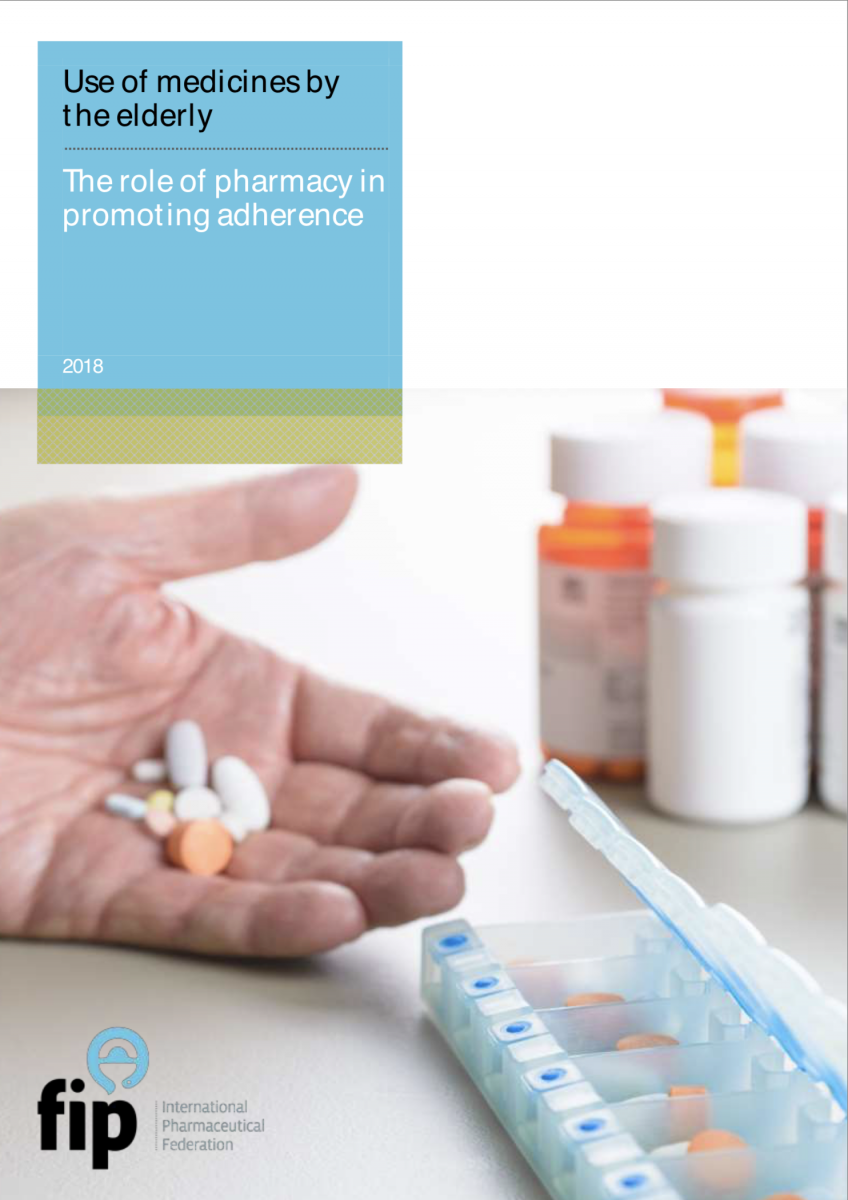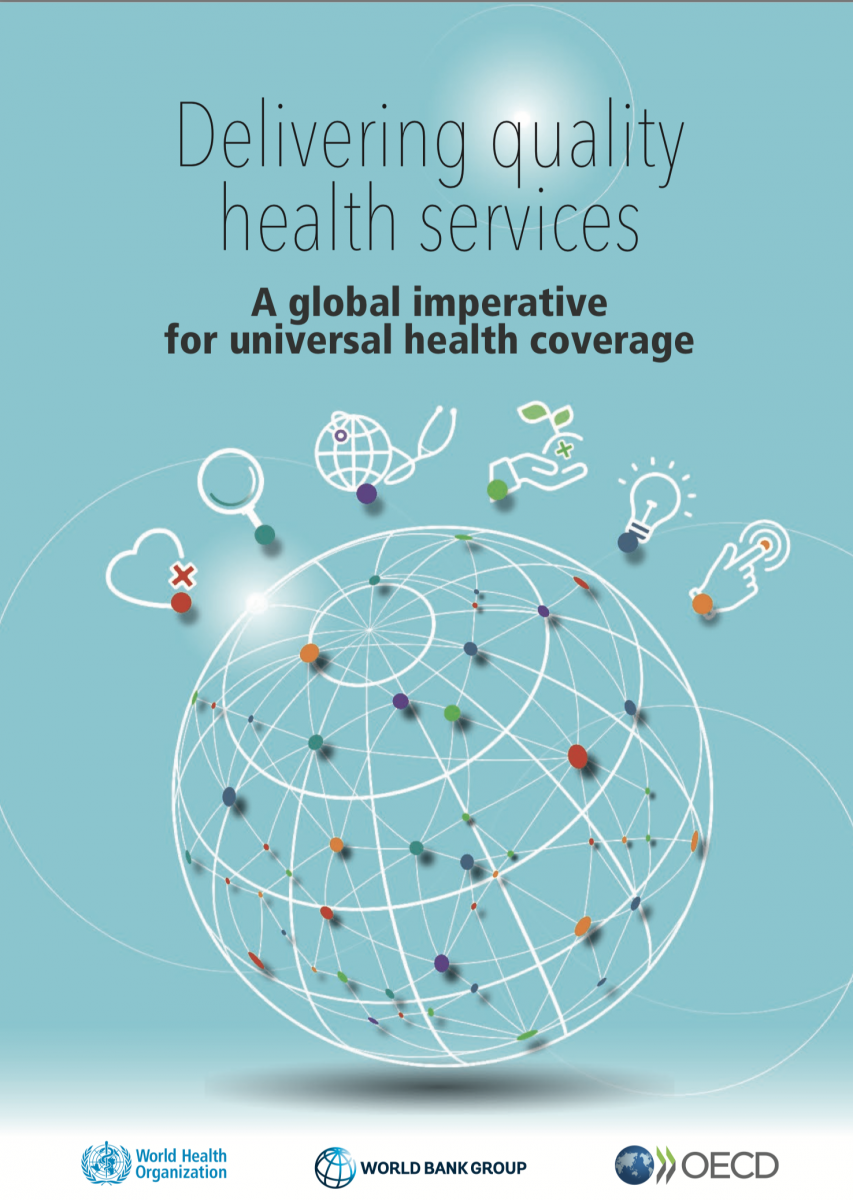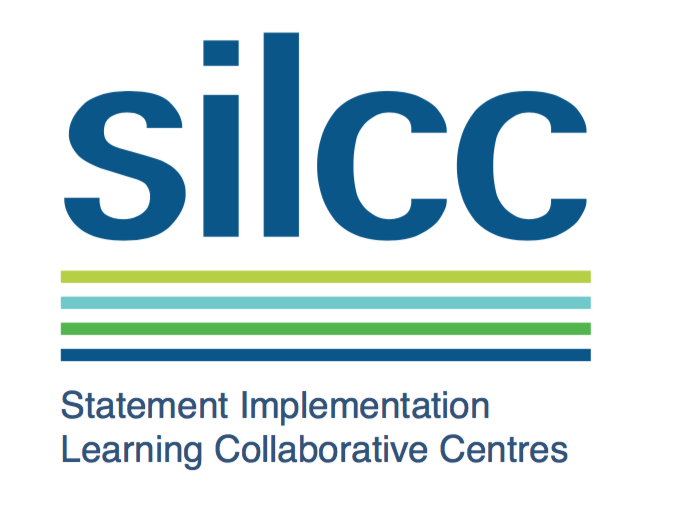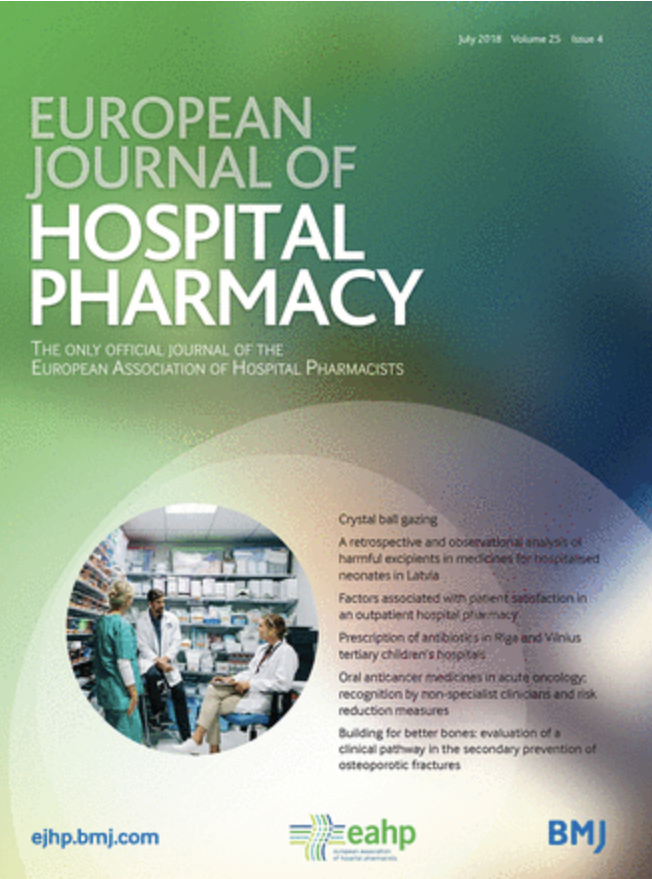The EAHP EU Monitor is a regular round up of news relevant to hospital pharmacy in Europe.
You can subscribe to receive the EAHP EU Monitor by email HERE.

EAHP – Hospital pharmacist’s role in procurement: ensuring that every patient receives the medication they need
During its General Assembly in mid-June, the 35 member associations of the European Association of Hospital Pharmacists (EAHP) adopted a position on procurement. To ensure the achievement of procurement quality and to assure the continuity of supply of quality medicines to patients, EAHP’s member associations stressed the need to involve hospital pharmacists in the different types of procurement practices and processes. This includes their engagement at both local and national level.
As stakeholders in the procurement process, hospital pharmacist play a vital role in ensuring that a functional, safe, cost-effective and reliable hospital formulary is designed. Their perspective in the entire procurement process, starting with the decisions of the drug and therapeutic committee about medicines policy and use within the hospital, will help with the identification of high-risk medicines, link procurement with patient need, and guarantee the implementation of appropriate procedures to reduce vulnerability in the supply chain.
In the complex process of pharmaceutical tendering a multidisciplinary approach in the medication supply chain is key to enhancing patient safety. To avoid unfavourable outcomes, such as medicines shortages, the design of medicinal tendering mechanisms needs to be anchored in good clinical practice and structured health technology assessment that is supported by a sufficient evidence base and at the same time respects the European legislative framework on public procurement.
Read the position paper on procurement HERE.

Commission – survey finds variations in AMR policies of non-EU countries
The European Commission has surveyed 77 non-European countries between January and August 2017 to gather information on the measures taken to combat antimicrobial resistance (AMR). The results suggest that progress to develop national action plans, polices and/or strategies to address AMR is lower in the Latin American, Caribbean and Sub-Saharan Africa regions. Economic aspects also play a role with only 9% of low income countries having developed national policies or guidelines on the prudent use of antimicrobials in humans compared to 73% of the high income countries that responded.
Also when contrasting measures for human use with those for veterinary use it became apparent that the latter group is less frequently addressed with 32 % of 71 responding countries having put in place national policies or guidelines concerning the prudent use of antimicrobials in animals. Also prescriptions are not needed in all participating countries to obtain antibiotics. In particular the requirements for prescriptions for the use of antimicrobials in animals vary significantly across countries. In relation to growth promotors the report pointed out that 40 of the responding countries, including both low and high income regions, are permitting their use. In particular, high income countries that have AMR policies in place are more likely to allow the use of antimicrobial growth promoters in food-producing animals.
The report expects on the one hand that the collected date will help to promote a better understanding of the situation in various non-EU countries and serve as a basis for targeted initiatives in the future. On the other hand, it highlights that the results should be interpreted with caution since they are based on self-reporting by countries and vary in the level of response with some sub-questions being omitted. Overall, it became apparent that countries in the low and middle-income groups are still in the process of implementing all the necessary measures designed to tackle the problem of AMR.
Read the report HERE

EDQM releases annual report
The European Directorate for the Quality of Medicines & HealthCare (EDQM) published its annual report showcasing the major highlights of the past year, including updates and new additions to the European Pharmacopoeia, strengthening the cooperation with the EMA and continuing to lead the work of the European Network of Official Medicines Control Laboratories (OMCLs).
The European Pharmacopoeia provides legal and scientific benchmarks for pharmacopoeial standards which contribute to delivering high quality medicines in Europe and beyond. In the past year, EDQM reached an important milestone for biotherapeutic products by adopting the first monograph on a monoclonal antibody (mAb): Infliximab concentrated solution (2928). In addition, 222 monographs were revised to incorporate regulatory changes and scientific progress.
Also the work of the OMCLs which are a result of a collaboration with the European Union continued to ensure mutual recognition of test results, harmonisation of working methods and sharing of expertise, laboratory resources and data. Cooperation was also fostered with international partners such as the Health Surveillance Agency of Brazil and the Chinese Pharmacopoeia Commission to promote co-operation on the safety and quality of medicines.
Guidelines for the preparation, use and quality assurance of blood component and on the quality and safety of tissues and cells for human application were adopted in the area of healthcare in accordance with the mission of EDQM. As a directorate of the Council of Europe, EDQM aims at protecting public health by enabling the development, supporting the implementation and monitoring the application of quality standards for medicines and their safe use.
Read EDQM’s annual report HERE.

FIP report highlights impact of pharmacy interventions on adherence in the elderly
The International Pharmaceutical Federation (FIP) released a report focusing on the role of the pharmacist in promoting adherence among elderly patients. The report evaluates a number of pharmacy interventions such as new medicines services, more counselling when a medicine is supplied again, dosage administration aids and reminder systems.
By reviewing evidence in literature and compiling case studies from Australia, Belgium, Denmark, Ireland, the Netherlands, Singapore, Spain and Switzerland an overview on relevant interventions and programmes to improve medication adherence in the elderly population was collected. The report highlighted the importance of the interaction between multiple intervention methods. In this regard, three interlinking elements were identified, namely the effective communication with the patient and his/her carer by all members of the healthcare team; the need to simplify the taking of medicines for older patients and sustaining the effort by continuously providing input to the patient’s needs.
Despite the key role that the pharmacist plays in improving the adherence of elderly patients, shortcomings were identified by the report. In particular, due to professional differences and the isolation of the pharmacy from the other health professions involved in the management of patients’ limitations to the scope of interventions were found. Collaboration in a more integrated way was mentioned as a solution to this problem.
In 2016, EAHP released its position paper on an aging society which also touch upon the uptake of hospital pharmacist roles in medication reconciliation and review. As highlighted in this paper, hospital pharmacists can foster patient adherence through improved medicines management during admission, inpatient stay and discharge.
Read FIP’s report HERE.

OECD – Delivering Quality Health Services: A Global Imperative
The Organisation for Economic Co-operation and Development (OECD) together with the World Health Organisation (WHO) and the World Bank Group recently published a report calling for urgent action from governments, clinicians, patients, civil society, and the private sector to help rapidly scale up quality healthcare services for universal health coverage.
With many countries around the world failing to provide the right care, at the right time that delivers clinical value to patients, is safe, and meets the needs and preferences of patients, the report addresses the necessity to step up the game to achieve universal health coverage by 2030. Simply ensuring coexistence of infrastructure, medical supplies and healthcare providers will not be sufficient to tackle inaccurate diagnosis, medication errors, inappropriate and unnecessary treatment or the lack adequate training.
Five elements, namely healthcare works; healthcare facilities; medicines, devices and other technologies; information systems and finances, have been identified as crucial for a quality system. In addition, to a good foundation also a high level of intervention through standard setting, education and performance based incentives will in accordance with the report add to the improvement of the quality of care. Innovative interventions have been developed in a number of regions. These experiences however need to be shared more widely, especially with low and middle income countries.
The call to action of OECD, WHO and the World Bank addresses governments, health systems, patients and health care workers. Hospital pharmacists as part of the latter group should participate in quality measurement and improvement with their patients, embrace a practice philosophy of teamwork, regard patients as partners in the delivery of care and commit themselves to providing and using data to demonstrate the effectiveness and safety of the care. These contributions will however only be effective if all actors work together towards and integrated approach.
Read the report HERE
Statement Spotlight – Join the SILCC programme!
 Do you want to visit hospitals from other member countries while learning about procedures linked to the European Statements? Then don’t hesitate to apply for the Statement Implementation Learning Collaborative (SILCC) programme!
Do you want to visit hospitals from other member countries while learning about procedures linked to the European Statements? Then don’t hesitate to apply for the Statement Implementation Learning Collaborative (SILCC) programme!
Launched during the 23rd EAHP Congress in March 2018, the SILCC initiative allow hospitals pharmacists to visit hospitals from other EAHP member countries to receive training in procedures linked to the European Statements. Even though the programme started just a few months ago, we already have outstanding hospitals that have joined from countries like Spain, Italy, Germany or the UK. Visit our website to check more details about the training provided in these hospitals and to learn more about the application process.
EJHP: July edition published

July’s edition of the European Journal of Hospital Pharmacy (EJHP) includes original articles on the stability and compatibility of ondansetron with haloperidol in parenteral admixtures and the prescription of antibiotics in Riga and Vilnius tertiary children’s hospitals and as well as different short reports touching on the feasibility of a multidisciplinary approach for medical review among elderly patients in four Italian long-term nursing homes and on oral anticancer medicines in acute oncology. The editorial picks up on the upcoming trends affecting the health related industry and looks at them from a pharmacy service perspective.
EJHP July edition available HERE
————————————————————————————————

Consultations
EMA – Questions and answers on Bovine Spongiform Encephalopathies (BSE) and vaccines
The document contains an update of the information in the Public Statement on the Evaluation of Bovine Spongiform Encephalopathies (BSE). Since 2001, understanding of the risks associated with BSE has progressed significantly and a routine review of EMA guidelines identified this document as requiring updating. It includes information on the use of bovine derived materials in vaccine manufacture.
Deadline – 31stJuly 2018
More information HERE
EMA- Guideline on quality aspects included in the product information for vaccines for human use
The guideline describes the information on the quality aspects to be included in the Product Information of vaccines for human use.
Deadline – 31st July 2018
More information HERE
EMA- Reflection paper on investigation of pharmacokinetics and pharmacodynamics in the obese population
The reflection paper aims at describing how the effects of obesity can be investigated during clinical drug development, providing recommendations on when investigations of the effect of obesity on the PK of a drug should be considered, providing information on specific important considerations for these investigations and discussing how to reflect PK findings in weight/size based dosing recommendations.
Deadline – 31st July 2018
More information HERE
EMA- Draft addendum to the guideline on the evaluation of medicinal products indicated for treatment of bacterial infections to address paediatric-specific clinical data requirements
This addendum to the Guideline has been developed to provide specific guidance on paediatric clinical development programmes that are required to support the authorisation of antibacterial agents for treatment of infectious diseases in paediatric patients. This Addendum provides guidance on clinical data requirements to support the approval of an antibacterial agent to treat infectious diseases in paediatric patients, both when extrapolation of efficacy from adults (source population) to paediatric patients (target population) is possible, and when this is not the case.
Deadline – 30th August 2018
More information HERE
Commission – Targeted stakeholder consultation on duplicate marketing authorisations for biological medicinal products
The consultation seeks the views of interested parties on the specific issue of the impact of duplicate marketing authorisations of biological medicinal products on the availability of biosimilars to healthcare professionals and patients.
Deadline – 13th September 2018
More information HERE
EMA- Draft guideline on clinical evaluation of vaccines
This guideline addresses the clinical evaluation of vaccines intended for the prevention of infectious diseases. It includes considerations for trials intended to document the safety, immunogenicity and efficacy of new candidate vaccines and to support changes in the prescribing information of licensed vaccines. It also considers the need for and use of vaccine effectiveness studies.
Deadline – 30th October 2018
More information HERE





























 Do you want to visit hospitals from other member countries while learning about procedures linked to the
Do you want to visit hospitals from other member countries while learning about procedures linked to the 


